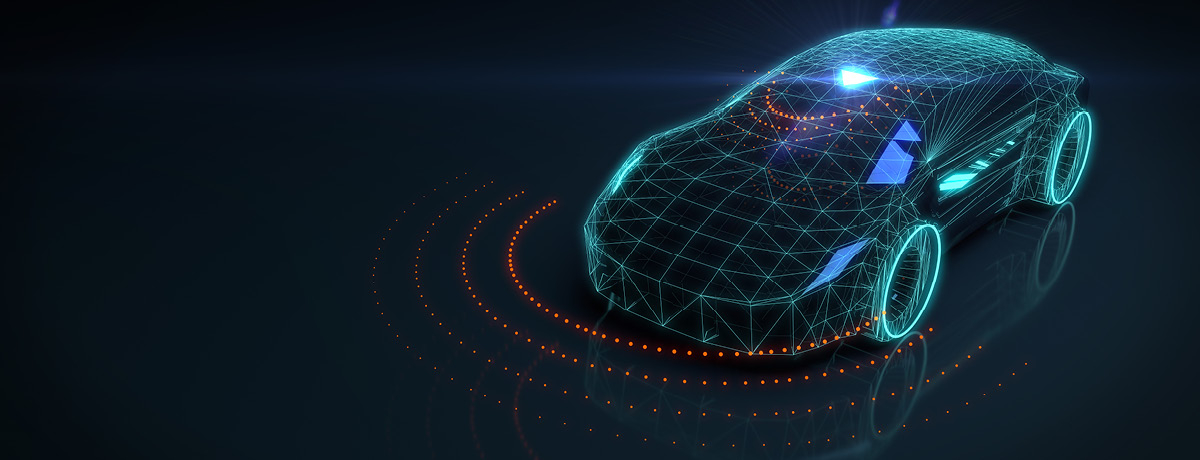From Tesla’s newly patented autopilot feature to Google’s recent autonomous car project with Waymo, the world is no stranger to major companies introducing self-driving technology. Despite much trial and error, there has yet to emerge a mainstay manufacturer of both self-driving vehicles and a fully autonomous, linked network that allows said vehicles to operate safely and efficiently. In the United States, legislation for autonomous cars, though already passed in nearly 30 states, is still in its infancy. Other countries, however, are more quickly moving towards implementation of this revolutionary technology.
According to an article by Bloomberg, Germany could see the future of autonomous driving much sooner than the rest of the world as lawmakers have approved new rules and regulations for self-driving cars in the lower houses of parliament. From there, it will make its way up to the Bundesrat, the highest chambers of government in Germany, for final approval. If approved, Germany will become the first nation in the world to have a legal framework for self-driving cars, taking autonomous tech from concept to societal integration.
With the passing of this bill, Germany’s roads could be fully automated by early 2022 and the country would officially shift to a “Level 4” autonomy classification. Vehicles with Level 4 autonomy can operate in complete self-driving mode via computer without the need for human interference, manipulation or monitoring, though a human would still be present to monitor. Self-driving technology boasts several benefits, including safety due to elimination of human error, which accounts for the majority of serious vehicles crashes. Self-driving cars would offer added mobility to humans with disabilities as well as the overall convenience of roads filled with automated cars carefully obeying traffic laws.
But for all the benefits, there comes a host of legal ramifications. According to the American Bar Association, some lawyers “feel that the technology will detract from regular practice, actually taking away from the industry.” For every legal landscape, including that of Germany, the policies, rules, regulations and practices have to be ironed out before this technology can truly hit to road, so to speak. The impacts on security, the potential for cyberattacks and the questions of who is actually at fault in the event of accident still need to be addressed. Lawyers will, undoubtedly, operate within a large scope of the shift towards autonomous driving. While it still seems likely that self-driving technology will become a mainstay in the future, the legal trepidations still remain dominant to lawmakers across the globe.
Though Germany’s automotive future still remains unclear, the government seems fully intent on becoming the first nation to implement this groundbreaking technology, with designs for driverless shuttle busses and food transport vehicles already rolling out. Automated driving is unquestionably going to play a bigger role in our futures. With Germany leading the way, many of the world’s nations may soon follow suit.
For more on German attorneys and legal life, check out our recently released The Best Lawyers™ in Germany.
































